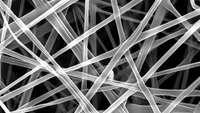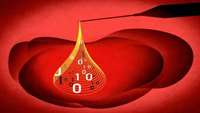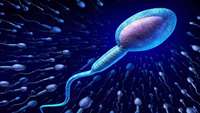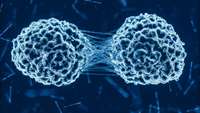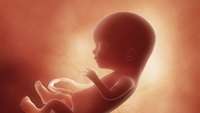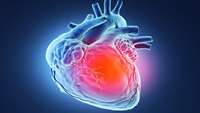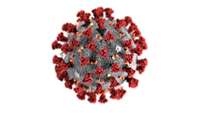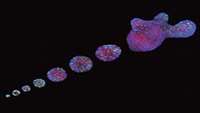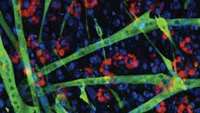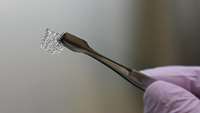Electrospun silk nanofibers improve differentiation potential of human induced pluripotent stem cells to insulin producing cells
With regard to lifestyle and diet, one of the problems that threaten mankind is diabetes. Given the lack of responsiveness to available drug therapies, the advances made in recent decades in tissue engineering and cell therapy have created a great deal of hope for the treatment of this disease.
Math models add up to improved cancer immunotherapy
A merger of math and medicine may help to improve the efficacy of immunotherapies, potentially life-saving treatments that enhance the ability of the patients own immune system to attack cancerous tumors.
Study tests potential solution for male infertility
Researchers from the University of Georgia, Emory University School of Medicine and the University of Pittsburgh have received a $2.9 million grant from the National Institutes of Health to test a novel method of producing viable sperm cells from skin cells.
Researchers apply fat cells to deliver drug to suppress tumor growth
Researchers at the UCLA Jonsson Comprehensive Cancer Center have identified a new drug delivery pathway that may help stop tumor growth and keep cancer from coming back in mice.
Embryos early development revealed in a dish
Rice bioscientist Aryeh Warmflash, graduate student George Britton and their colleagues have created a system in which all of the major cell types of ectoderm are formed in a culture dish in a pattern similar to that seen in embryos.
Potential new treatment for heart attack
This is the finding of new research, by scientists at Imperial College London and published in the journal Cell Stem Cell.
Researchers use stem cells to combat COVID-19 pneumonia
When news of the coronavirus emerged from Wuhan, China, Kunlin Jin, Ph.D., and a team of international researchers quickly joined forces to fight the mysterious disease.
Researchers develop new protocol to generate intestinal organoids in vitro
Boston researchers have developed a new way to generate groups of intestinal cells that can be used, among others, to make disease models in the lab to test treatments for diseases affecting the gastrointestinal system.
Adipogenic progenitors keep muscle stem cells young
In adult skeletal muscle, loss of myofiber integrity caused by mechanical injuries or diseases are repaired by resident muscle stem cells, called satellite cells, which promptly exit from quiescence after disruption of muscle architecture to expand, differentiate and drive tissue regeneration.
NORTHWESTERN RESEARCHERS MAKE PROGRESS TOWARDS BIOINK FOR 3D PRINTING FUNCTIONAL HUMAN OVARIES
Researchers from Northwestern University and the Ann & Robert H. Lurie Children’s Hospital of Chicago have published a paper detailing the ongoing development of ink for 3D printing bioprosthetic ovaries.


